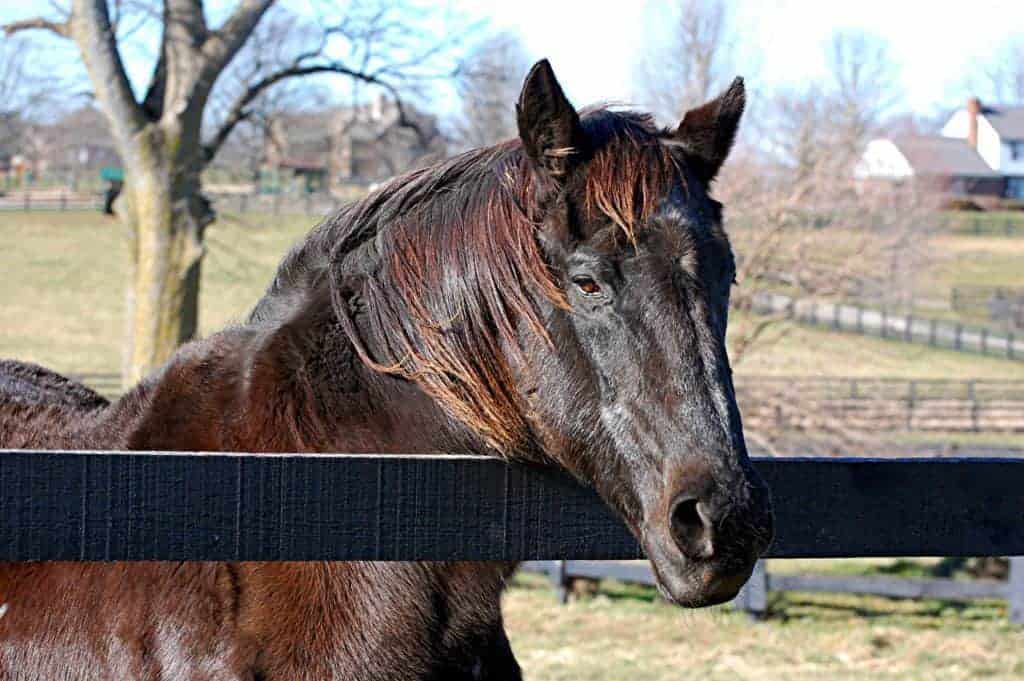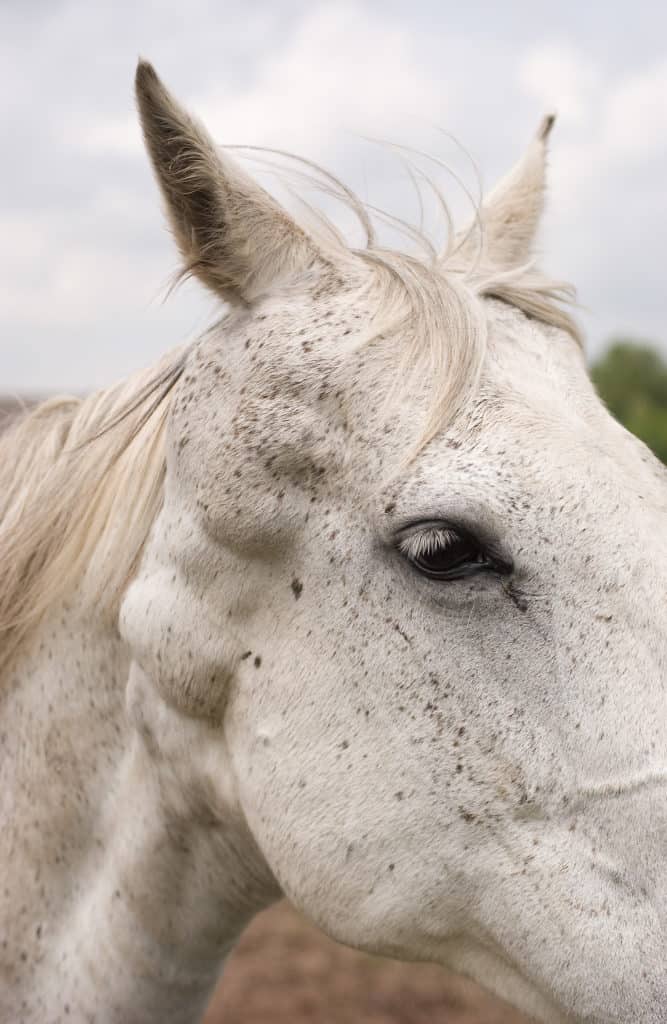Calif. State Veterinarian Recommends Equine WNV Vaccinations
In 2011, 15 horses in California were confirmed positive for WNV; four of those 15 were euthanized.
In 2011, 15 horses in California were confirmed positive for WNV; four of those 15 were euthanized.

West Nile Virus (WNV) causes a potentially fatal encephalomyelitis (inflammation of the brain and spinal cord) in a variety of species such as birds, horses, and humans.
Unvaccinated horses suffer severely when infected with either WNV or EEE, both transmitted by mosquitoes.

An understanding of how the biology of aging affects the older horse has become increasingly important.

In recent years, a deadly disease–hendra virus–has been making waves in the Australian equine industry.
Consider your veterinarian’s advice, region, your horse’s history, and his use when selecting vaccines
My gelding was diagnosed with squamous cell carcinoma in his third eyelid. He’ll be starting cisplatin injecti
West Nile is spread by mosquitoes, which thrive in the warm, wet conditions some have experienced recently.

Researchers are testing a ‘cancer vaccine’ to determine if it might be a viable equine treatment option.
With its high mortality rate and lack of effective treatment, EEE poses a serious threat to the horse health.

Horse owners have all the resources needed to ensure a properly vaccinated horse, one researcher said.
Three horses from Swaziland are dead after contracting African horse sickness, according to an OIE report.
It’s important that horse owners consult their vets about WNV prevention options before mosquito season.
The Environmental Protection Agency has officially registered the first contraceptive vaccine for horses.
FluVac Innovator 4 is moving to the Pfizer label after the acquisition of Wyeth and Fort Dodge Animal Health.
The multistate outbreak in 2011 illustrated the need for infectious disease control in the equine community.
Stay on top of the most recent Horse Health news with
"*" indicates required fields